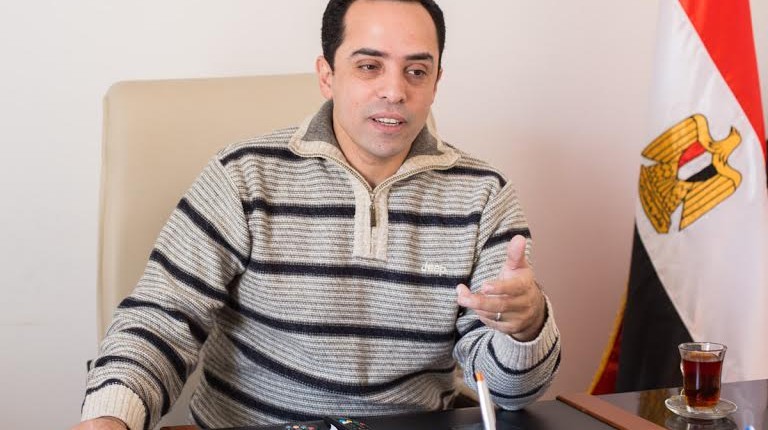I am not making a mountain out of a molehill if I said that we are undoubtedly facing a fierce attack on our national and Arab identity, through inciting sectarian and religious conflicts within Arab countries.
This is the case witnessed recently in Iraq, Syria, Yemen and Lebanon, which prompted Arab countries to intervene in Yemen to save the situation and prevent sectarian strife and political civil war from eating everything and everybody in Yemen. This move also aimed to save other Arab countries from facing the same fate as Somalia and Libya, which unfortunately have extensively deteriorated.
But the larger situation is more complicated than that. Only one Arab force is fighting the Houthi militias in Yemen, but we need a joint Arab force to protect Arab national security in all Arab countries, and it has to start immediately. I do not know why this idea was suddenly suspended, as we have many challenges and they are not temporary, but they may continue for long periods.
What is happening in Arab countries is forcing us to study why these countries, such as Syria, Libya, Somalia and Yemen, have crumbled so easily upon confrontation with armed groups or militias. These countries fell at an absurdly rapid speed due to the lack of popular support for the ruling authority, the corruption of the executive authority in these countries, and the old statesmen who are obsessed with reigning for long periods. They were also affected by the lack of rejuvenation of the political elite, under the pretext of the experience and efficiency of the old statesmen.
Numerous questions come to mind with regards Egypt’s national security, and whether we, the government and people, are capable of protecting it? Is it possible to put forth well-studied plans to cope with future risks and challenges, rather than dealing with events as they come? Herein lies the crux of the problem, because if we wish to protect our national security, we should be always ready. Otherwise, we will not be able to ensure security and safety, and there will be no cooperation among the people of one nation.
There are three main axes to work on, if we wish to progress and protect the country’s national security. The first is proper education for our children. We should not rely on the old curricula, and I suggest that the Ministries of Education and Higher Education send their experts to developed East Asian countries, such as China, Japan and South Korea, to learn from these nations’ experience. The educational development helped those countries become tiger economies, and their overpopulation has not prevented them from development. We should focus, in our schools, on religious tolerance and teach the children to respect freedom of religion, thought, and behaviour.
The second axis is planning on scientific foundations and economic self-sufficiency of agricultural goods through coordination between the Ministries of Agriculture and Irrigation to help farmers grow strategic commodities, even if their crops are purchased at a price higher than the international price. This issue has become a national security issue, after the global wheat crisis caused by forest fires in Russia, the largest wheat exporter in the world. Not to mention the impending water crisis following the construction of the Grand Ethiopia Renaissance Dam.
The state should also expand efforts in the small and medium-sized enterprises (SMEs) sector, as well as heavy industries.
Thirdly, we should resolve the unemployment issue. The main factor motivating the youth to adopt extreme ideologies is their sense of injustice, inequality, and nepotism. The extension of age of retirement for top government officials is one of the factors that frustrates those youth who are capable of excelling; thus they become easy prey for recruitment by terrorists.
We should do our best for this great country to achieve the dreams of its people, and pay attention to their concerns. We should not prioritise the concerns of businessmen at the expense of an entire nation under the pretext of encouraging investment in Egypt.
Abdallah Al-Moghazy is the former assistant to both Prime Minister Sherif Ismail and former prime minister Ibrahim Mehleb. He previously served as the spokesperson for President Abdel Fattah Al-Sisi’s electoral campaign. He also held a position on the Youth Advisory Council for the Supreme Council of Armed Forces, and was a spokesperson for the Al-Wafd Party.




